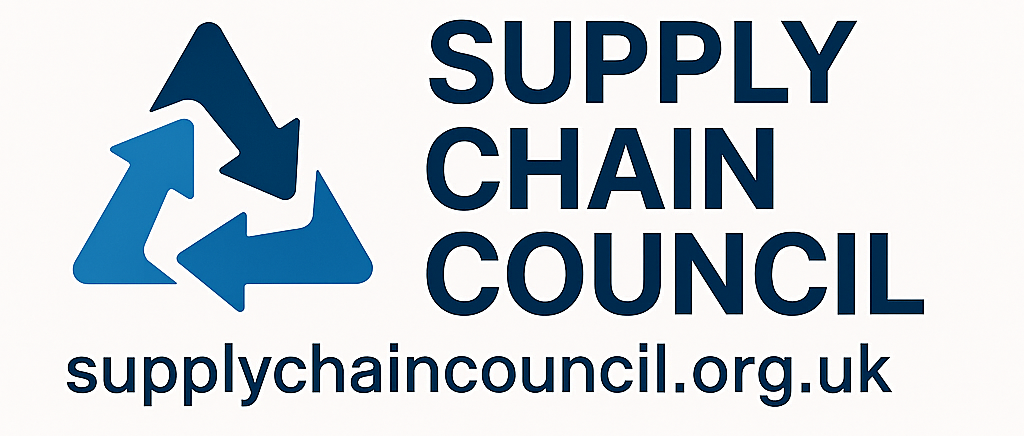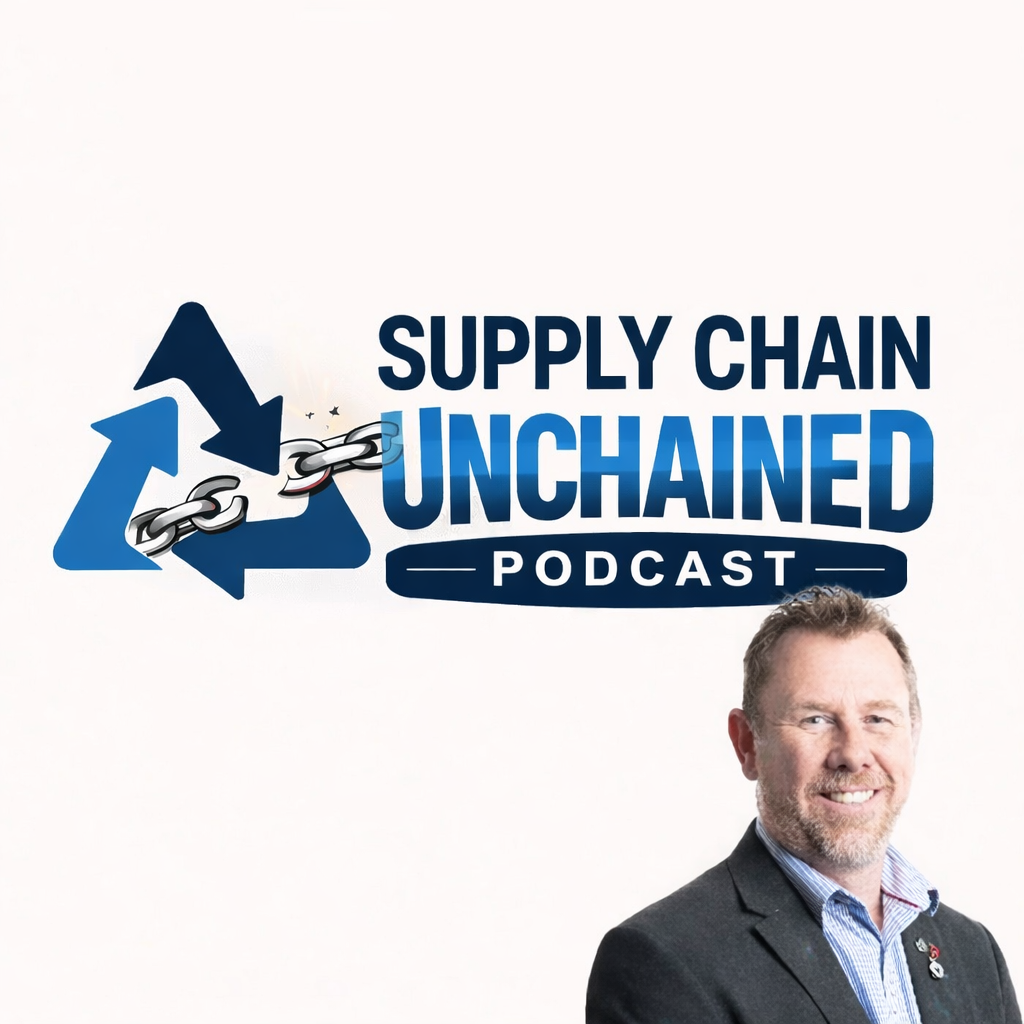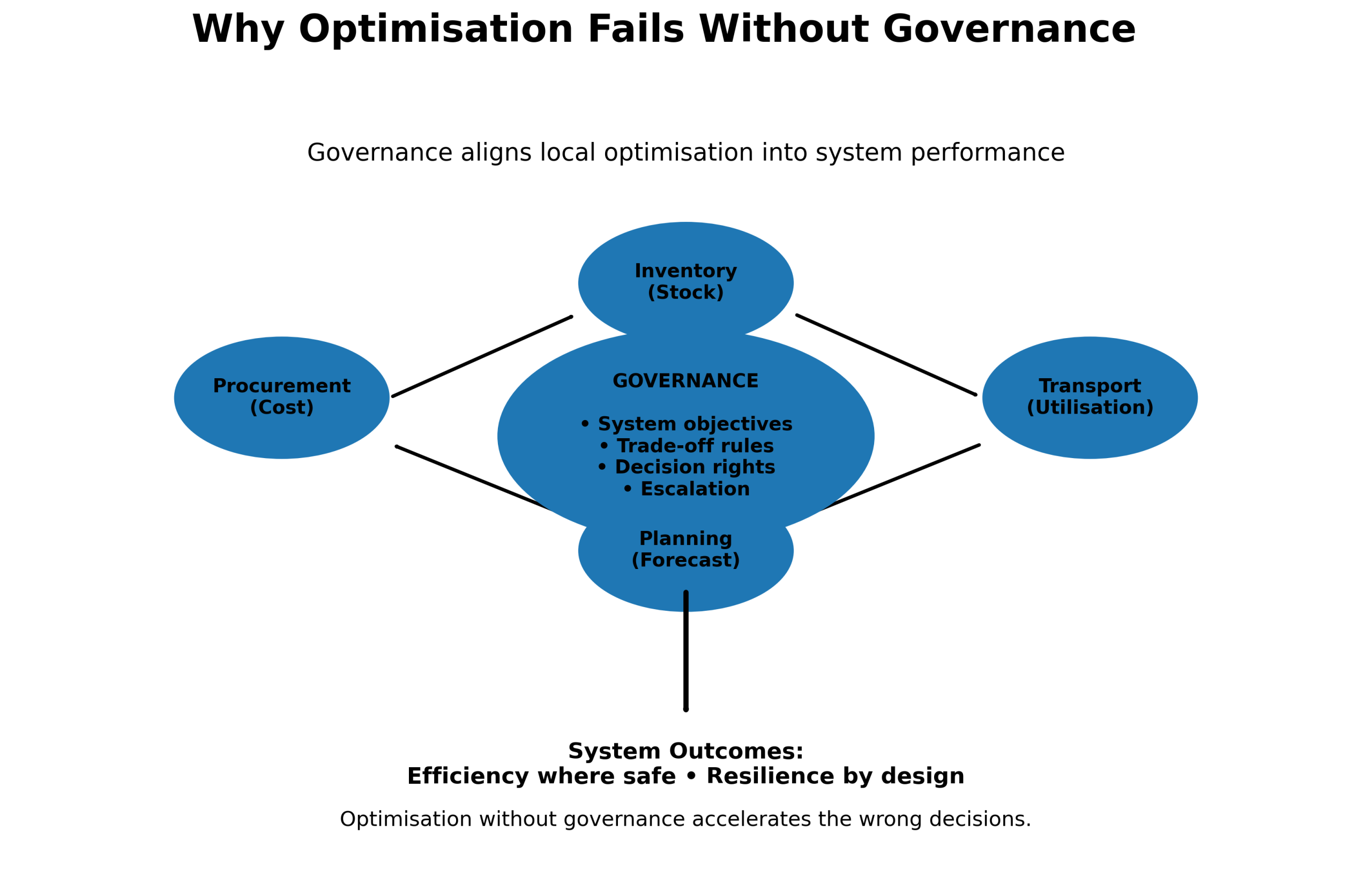-
Thought Paper: NATO Failure Data Exchange Framework (FDEF)
Author: Paul R. Salmon FCILT, FSCM,FCMI Executive Summary NATO has, for decades, benefited from the NATO Codification System (NCS) — a common language of supply…
-

The Growth of Citizen Data Scientists in Supply Chain Management
By Paul R. Salmon FCILT, FSCM, FCMI Introduction: The Data Tipping Point Supply chains have always relied on information. From the earliest trade routes to…
-
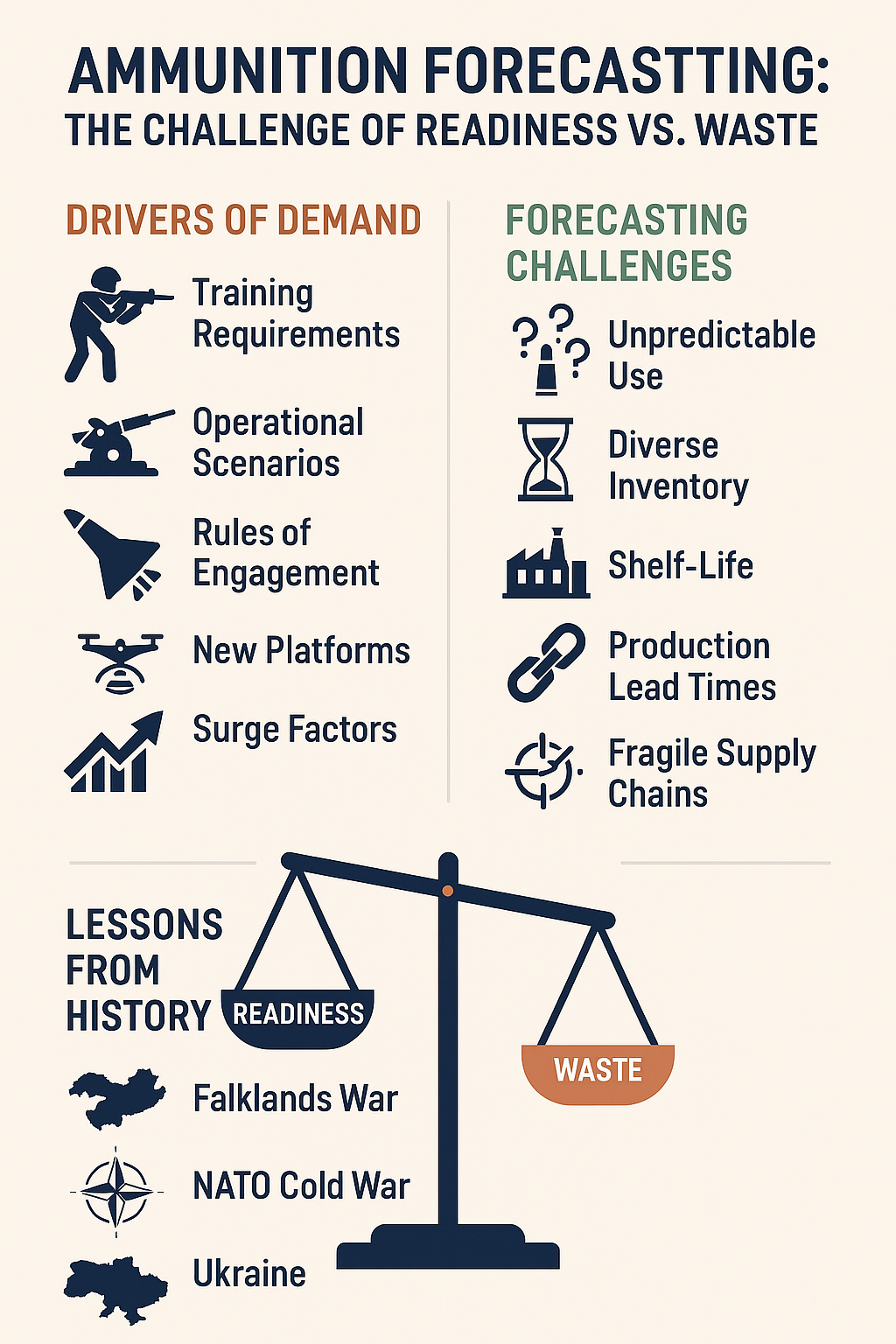
Forecasting the Fight: Why Ammunition Forecasting Is One of Defence’s Hardest Supply Chain Challenges
By Paul Salmon FCILT, FSCM Introduction: The Ammunition Paradox In Defence supply chains, some commodities follow predictable rhythms. Engines fail after a certain number of…
-
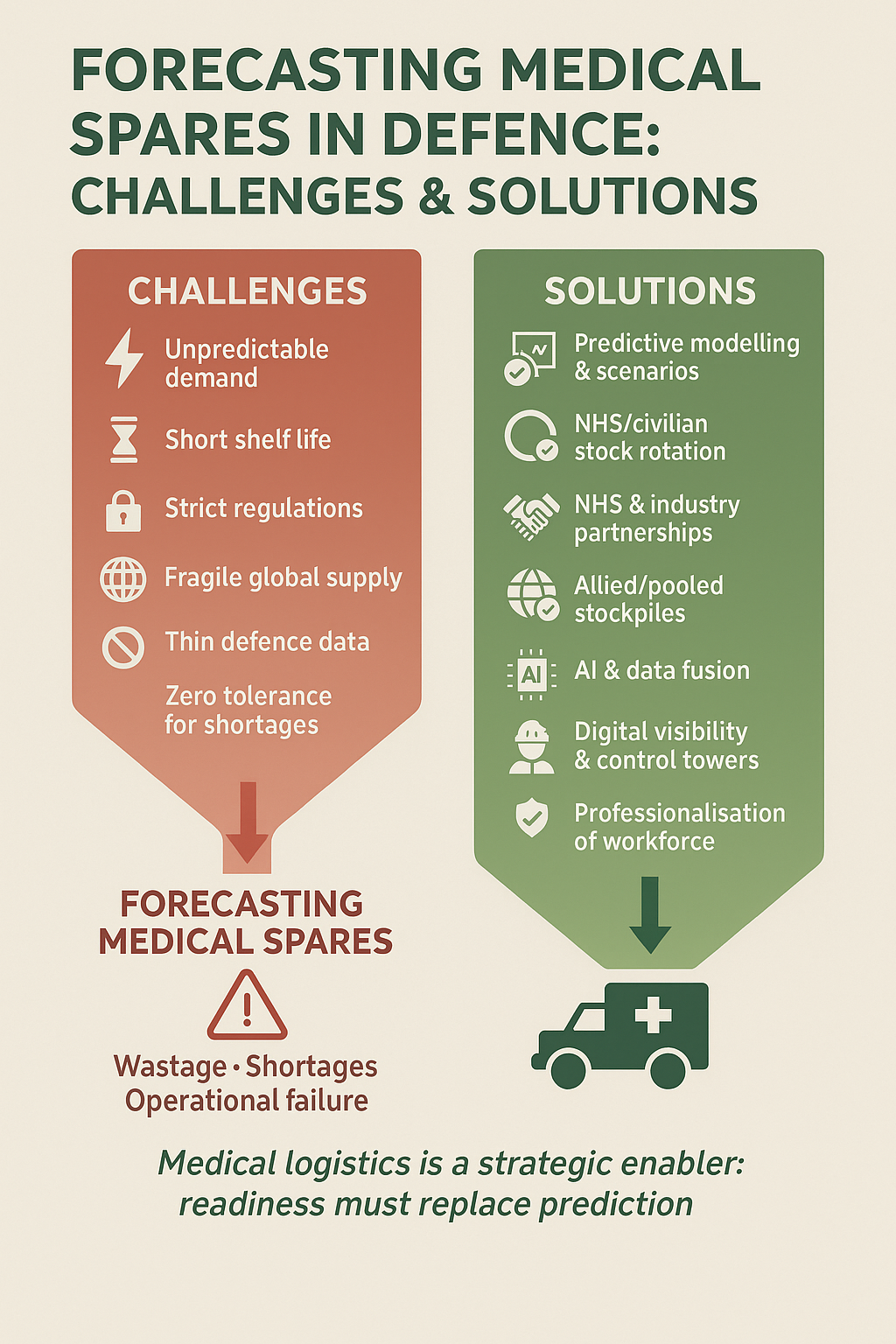
Forecasting the Unpredictable: Why Medical Spares Are More Difficult Than Traditional Spares in Defence Supply Chains
By Paul Salmon FCILT, FSCM In Defence logistics, forecasting has long been the cornerstone of availability. Whether for engines, avionics, or vehicle parts, planners rely…
-
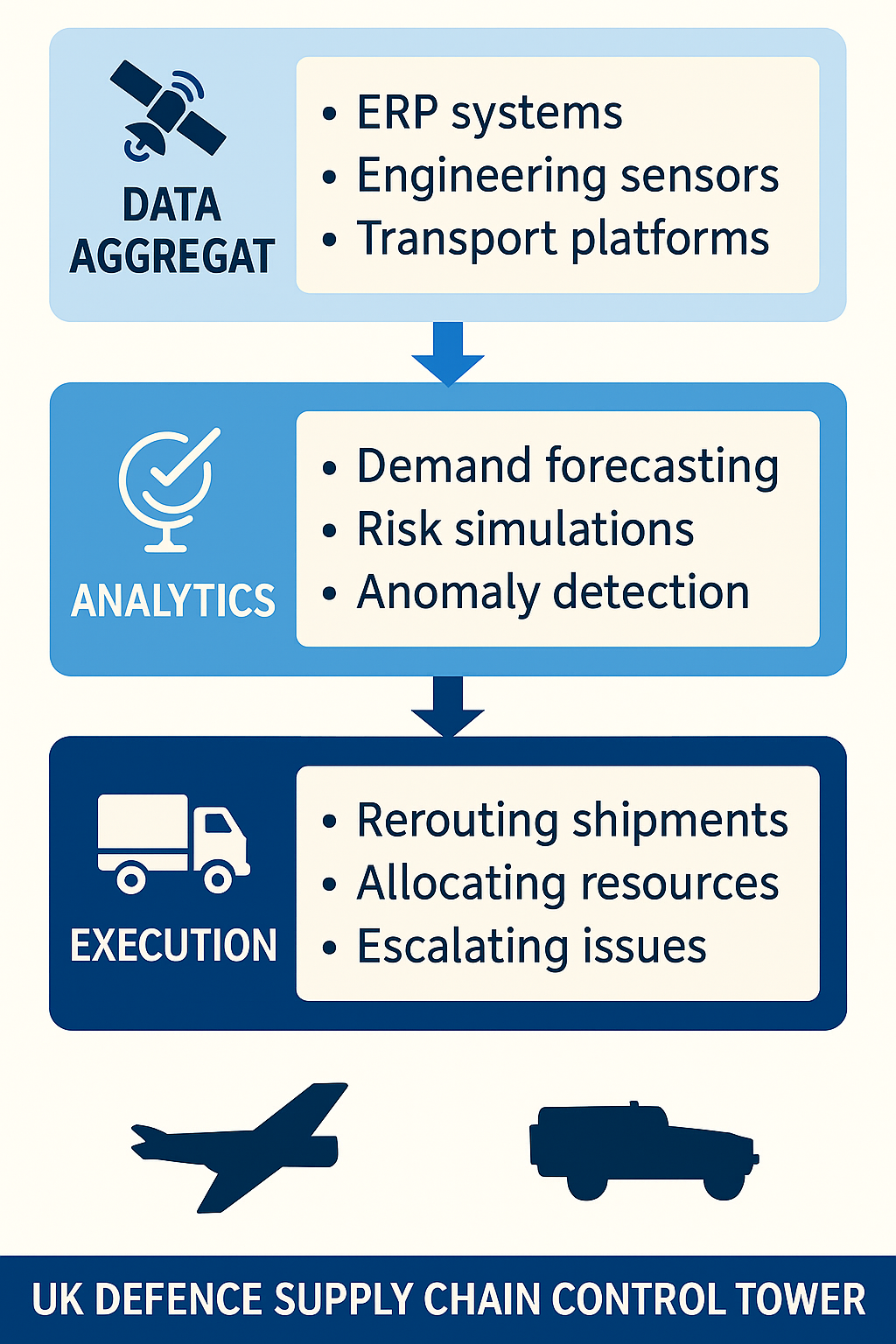
Why a Supply Chain Control Tower Isn’t Just a Buzzword in UK Defence
By Paul R Salmon FCILT, FSCM Introduction: Cutting Through the Hype In the commercial world, “Supply Chain Control Tower” has been labelled a buzzword by…
-
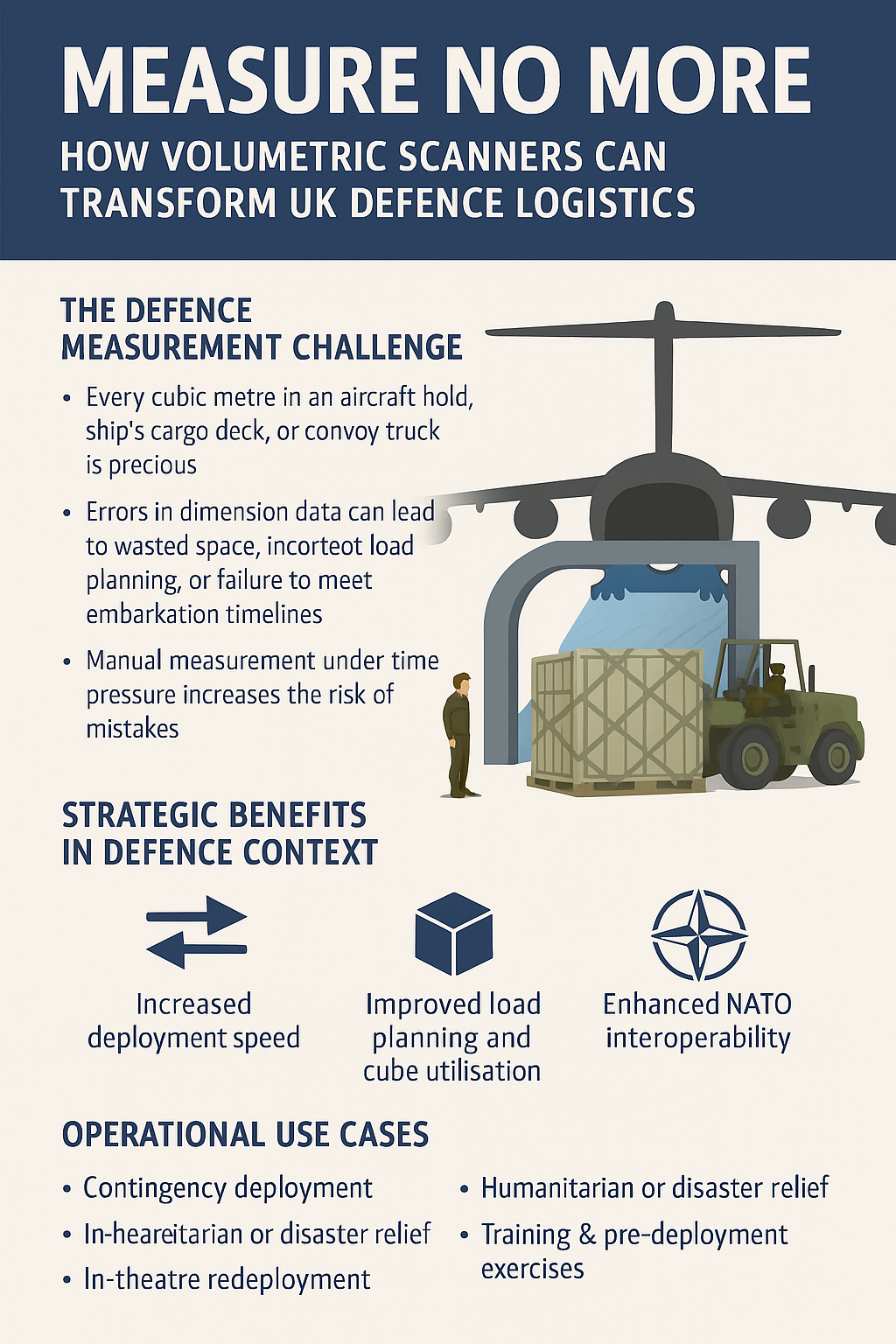
Measure No More: How Volumetric Scanners Can Transform UK Defence Logistics in Operations and Conflict Readiness
By Paul R Salmon FCILT, FSCM In military logistics, speed, accuracy, and adaptability can mean the difference between mission success and operational compromise. As the…
-
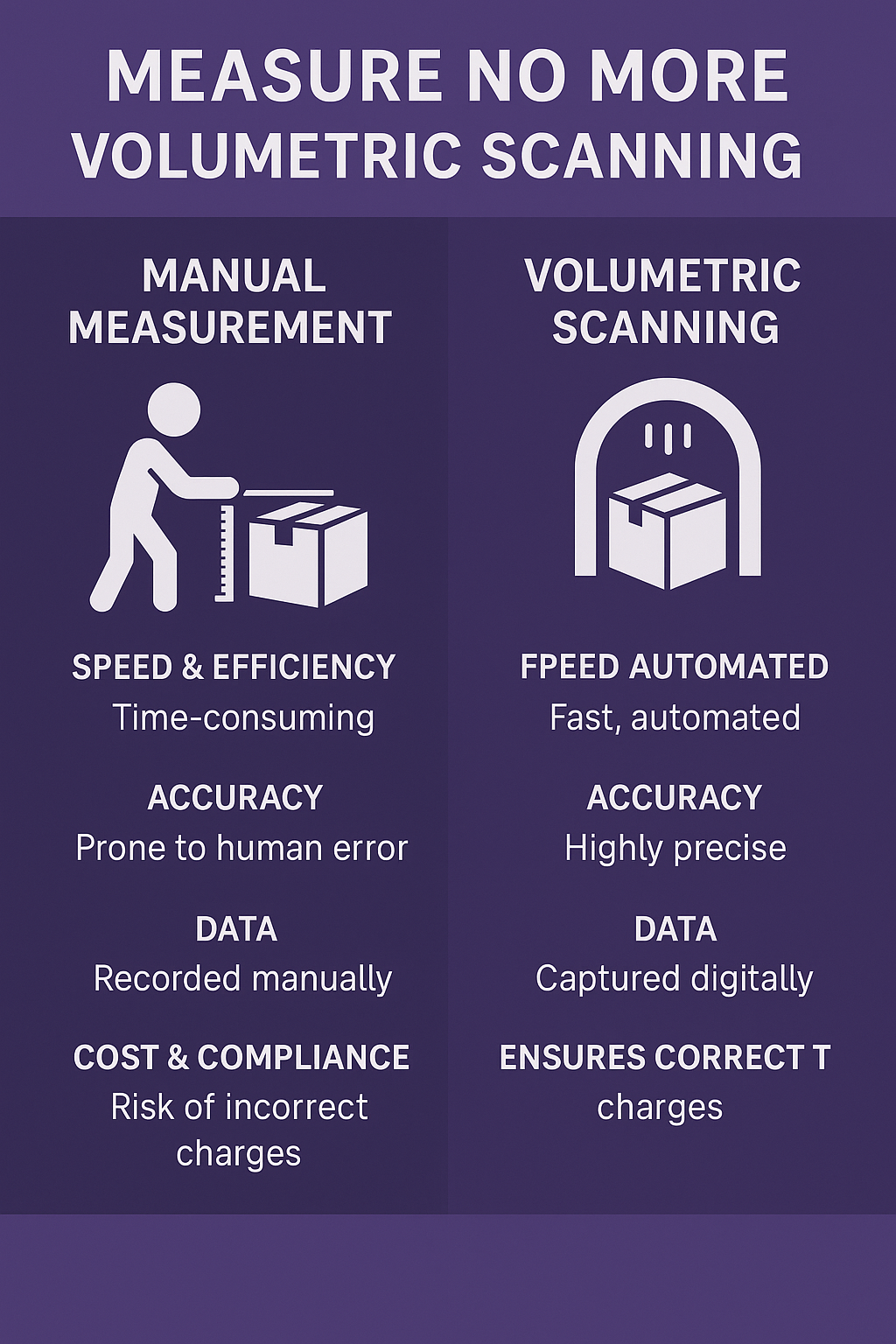
Measure No More: How Volumetric Scanners Are Redefining Logistics Efficiency
By Paul R Salmon FCILT, FSCM In the age of e-commerce acceleration, sustainability targets, and razor-thin logistics margins, the question is no longer if supply…
-
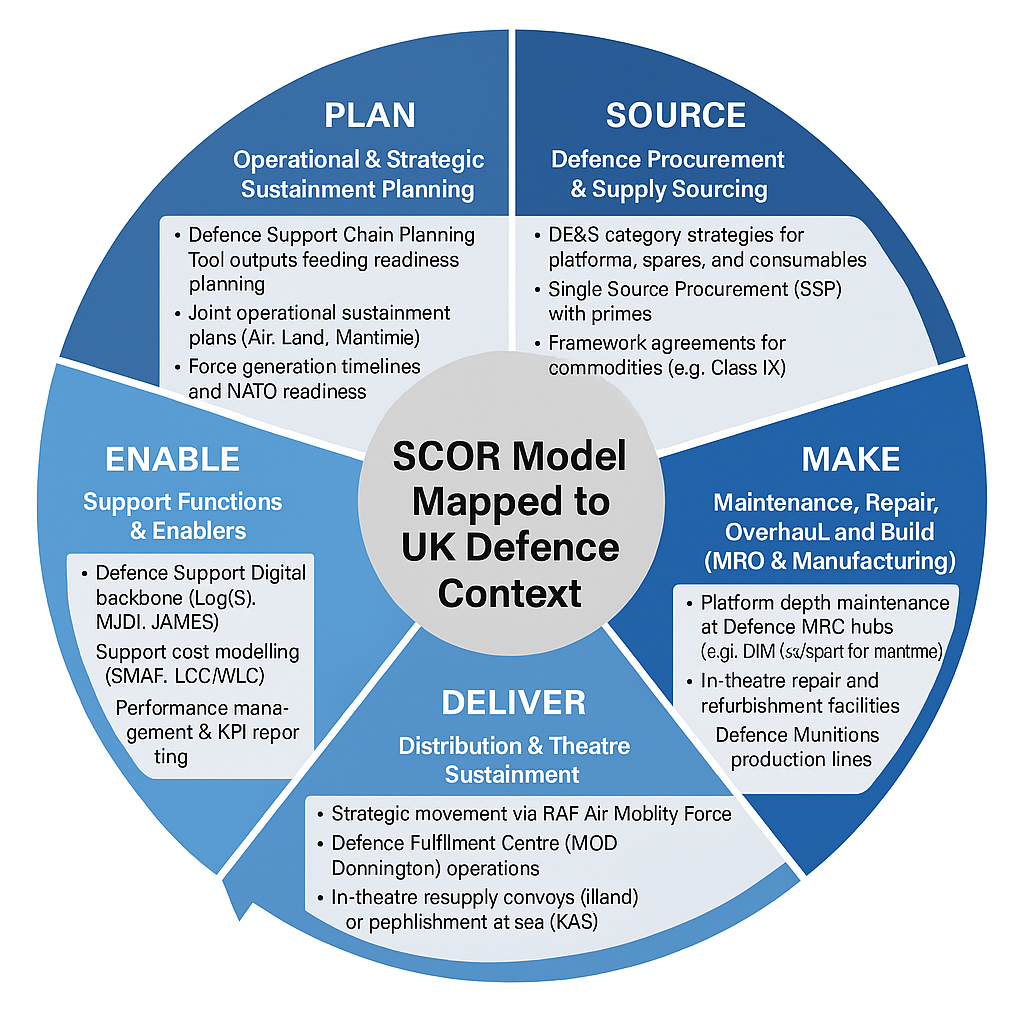
Why the SCOR Model is Still Relevant in UK Defence
By Paul R Salmon FCILT, FSCM The Supply Chain Operations Reference (SCOR) model – first developed by the Supply Chain Council and now maintained by…
-
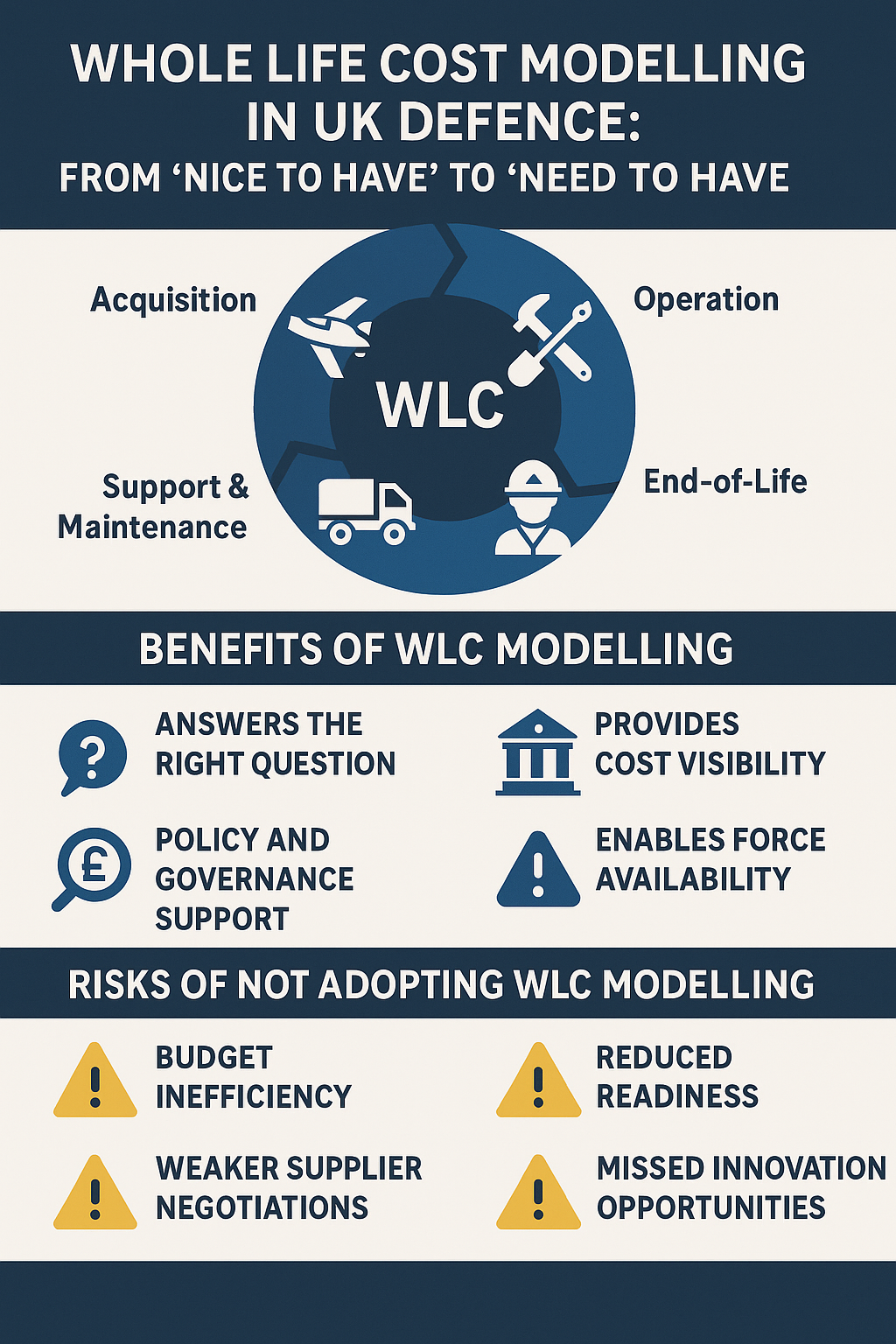
Whole Life Cost Modelling in UK Defence: From ‘Nice to Have’ to ‘Need to Have’
By Paul R Salmon, FCILT Introduction: A Shift in the Conversation on Support Costs For decades, UK Defence has been exceptional at tracking certain elements…
-
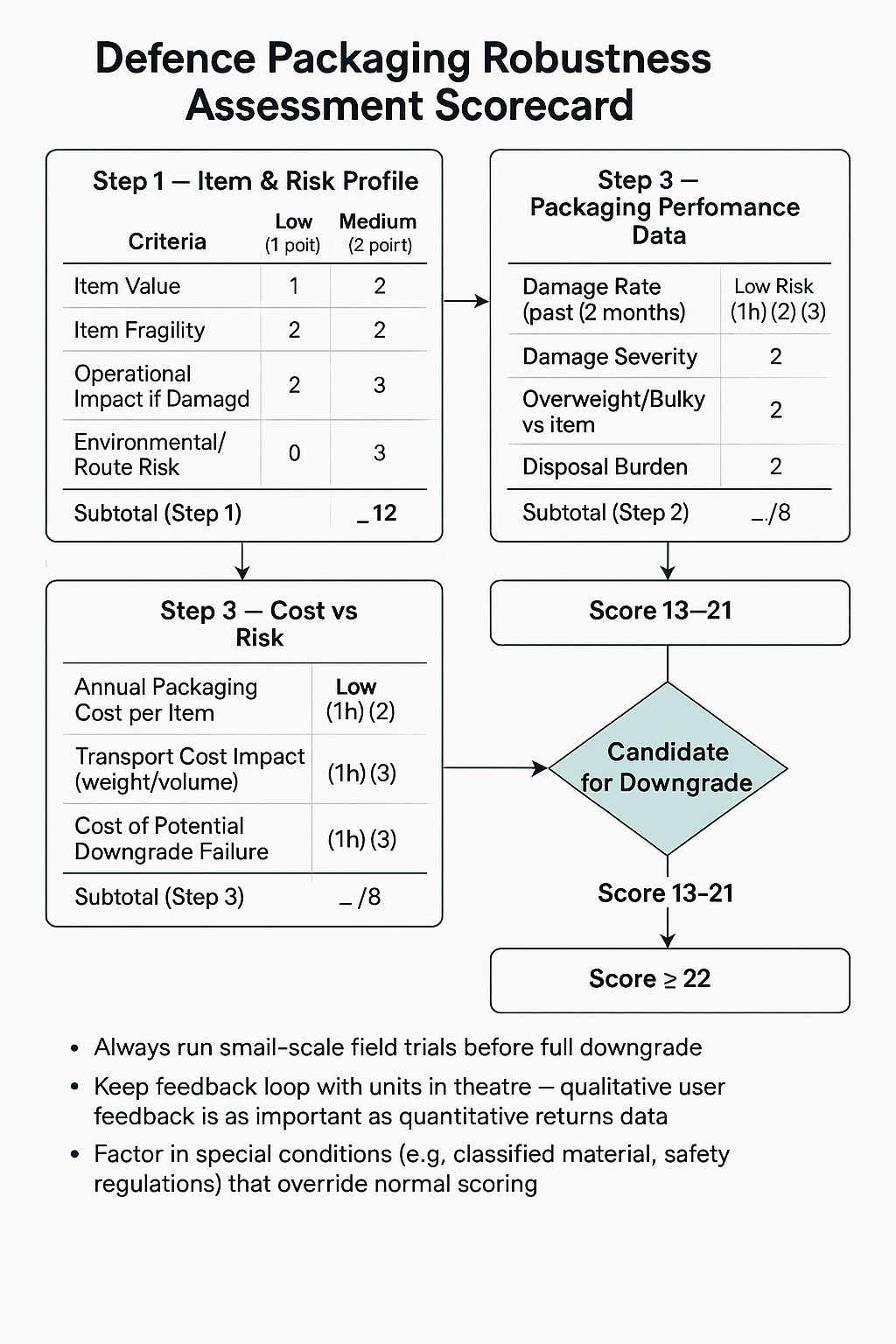
Define “Too Robust” in Defence Packaging Terms
By Paul R Salmon FCILT, FSCM In a military supply chain, too robust might mean: 1.Unnecessary protection levels for the item’s fragility, value, or journey…
